National Cancer Prevention Month – Take Action to Reduce Your Cancer Risk
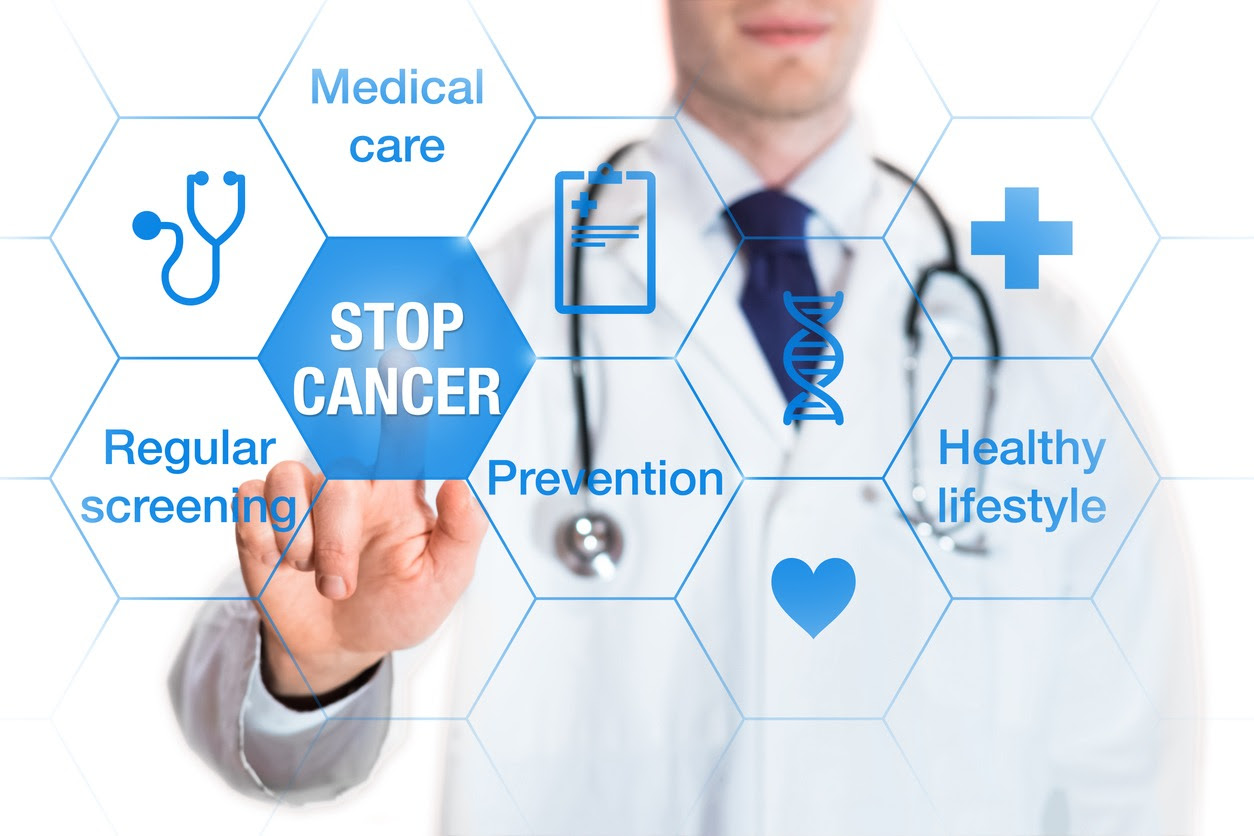
February is National Cancer Prevention Month! CDC is dedicated to raising awareness about cancer and helping you stay healthy. Many cancers can be prevented and there are actions you can take that lower the risk of getting cancer. You can lower your risk for many kinds of cancer by quitting smoking, eating a healthy diet, and getting regular physical activity. Other actions you can take to lower your risk of cancer include limiting the amount of alcohol you drink, protecting your skin from ultraviolet (UV) rays, and getting recommended cancer screenings and vaccinations (HPV vaccine and Hepatitis B vaccine).
Simple tips like setting small goals and celebrating your progress each day can help you stay on track with healthy choices that reduce your cancer risk. Check out our podcasts and learn more about healthy behaviors to help prevent cancer.
Cancer Podcasts
You can listen to these audio files on your computer now, or download them and listen to them later. Please also see our podcasts about breast, colorectal, gynecologic, HPV-associated, prostate, and skin cancers.

You Can Help Create a World Without Cancer
Break one link in the chain and the odds of getting cancer go down. What will you do to help create a world without cancer?
Learn how some states and communities provide support that can help people get to and keep a healthy weight.
Obesity is a leading cancer risk factor. Unfortunately, two out of three U.S. adults weigh more than recommended.
Many cancers are linked to tobacco use, the leading preventable cause of cancer and cancer deaths.
A lung cancer survivor shares her story about diagnosis, treatment, and community support.
Two women talk about how cancer screening affects their lives.
This podcast discusses the main steps people can take to reduce their risk of getting cancer.
Research
Dr. Ingrid Hall, an epidemiologist with CDC’s Division of Cancer Prevention and Control, talks about research on the prevalence and trends in use of recommended screening tests for breast, cervical, colorectal, and prostate cancers.
Senior medical epidemiologist Dr. Loria Pollack talks about the importance of cancer registry data to understanding how cancer affects the United States, now and in the future.
Health economist Dr. Florence Tangka talks about a new tool for estimating how much it costs to run cancer registries in developing countries.
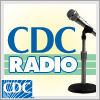
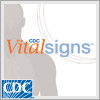
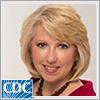

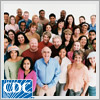
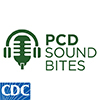
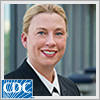
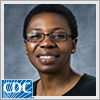


































No hay comentarios:
Publicar un comentario